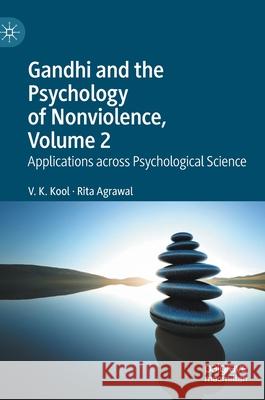Gandhi and the Psychology of Nonviolence, Volume 2: Applications Across Psychological Science » książka
topmenu
Gandhi and the Psychology of Nonviolence, Volume 2: Applications Across Psychological Science
ISBN-13: 9783030569884 / Angielski / Twarda / 2020 / 333 str.
Gandhi and the Psychology of Nonviolence, Volume 2: Applications Across Psychological Science
ISBN-13: 9783030569884 / Angielski / Twarda / 2020 / 333 str.
cena 402,53
(netto: 383,36 VAT: 5%)
Najniższa cena z 30 dni: 385,52
(netto: 383,36 VAT: 5%)
Najniższa cena z 30 dni: 385,52
Termin realizacji zamówienia:
ok. 22 dni roboczych.
ok. 22 dni roboczych.
Darmowa dostawa!
Kategorie:
Kategorie BISAC:
Wydawca:
Palgrave MacMillan
Język:
Angielski
ISBN-13:
9783030569884
Rok wydania:
2020
Wydanie:
2020
Ilość stron:
333
Waga:
0.57 kg
Wymiary:
21.01 x 14.81 x 2.06
Oprawa:
Twarda
Wolumenów:
01
Dodatkowe informacje:
Wydanie ilustrowane











